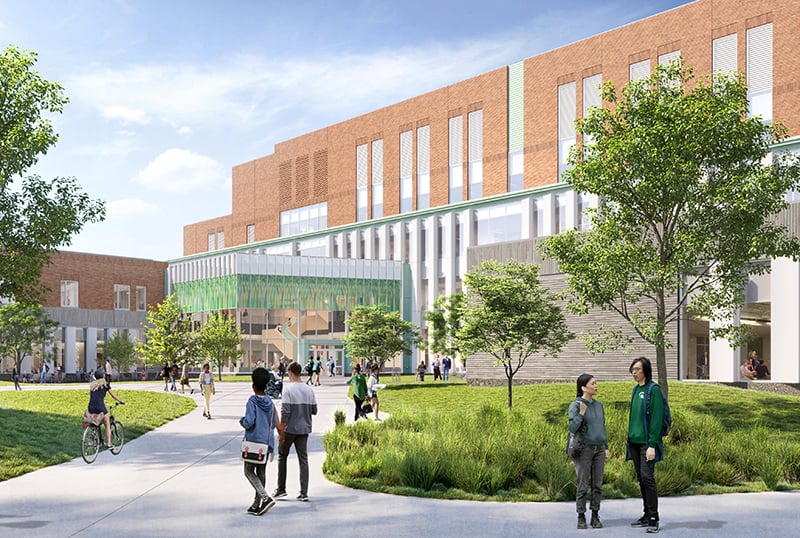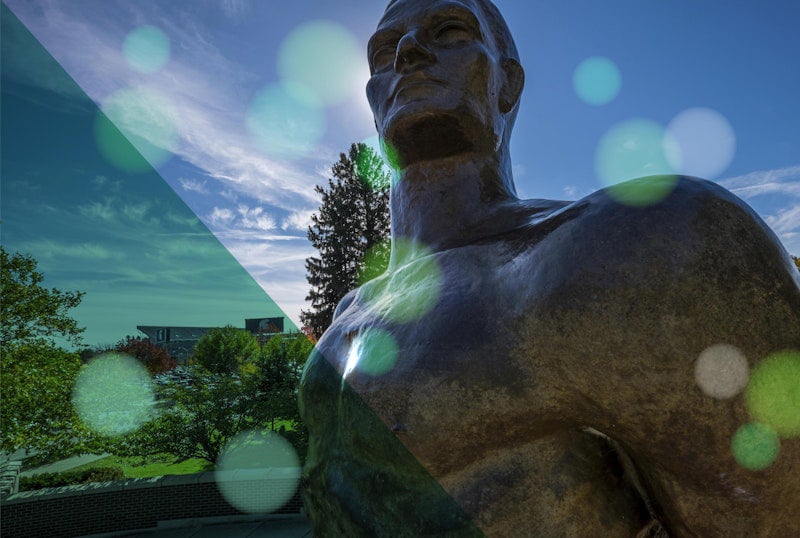Gifts will be used in a manner that is open to all without restriction or preference based on race, sex, color, ethnicity, national origin or other protected personal identity.
Make a Gift By Mail:
University Advancement
535 Chestnut Road, Room 300
East Lansing, MI 48824
*Make check payable to Michigan State University and write “Appeal ” in the note section.
- RAISED
- DONORS


